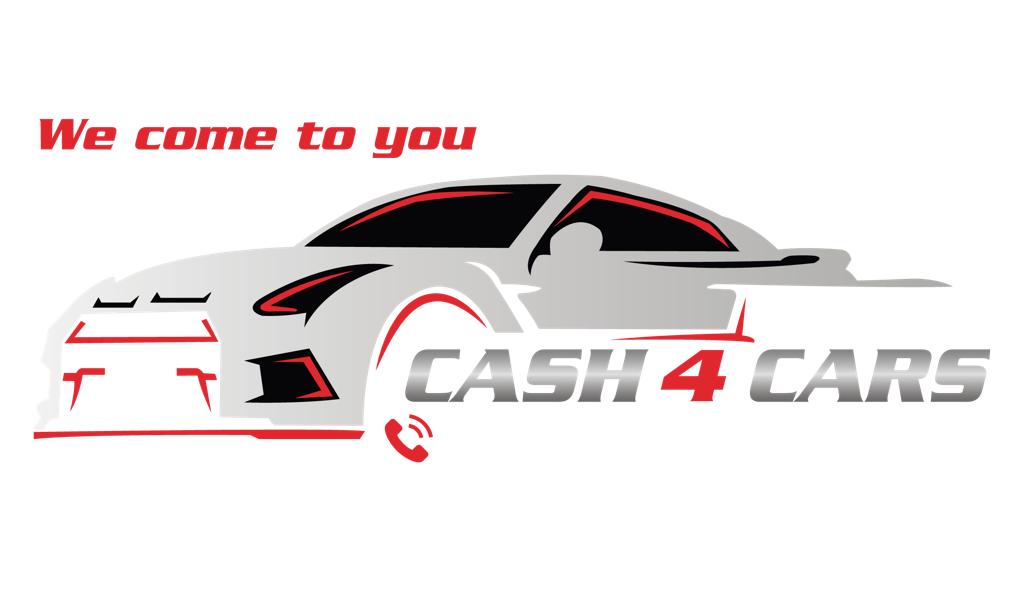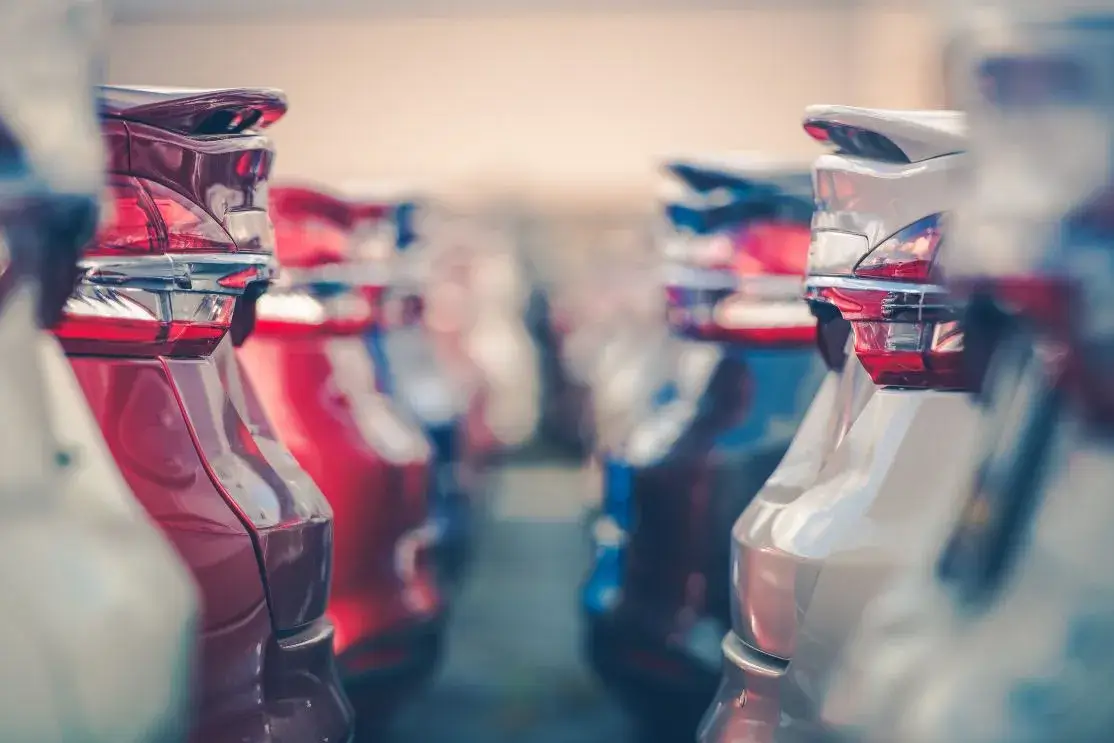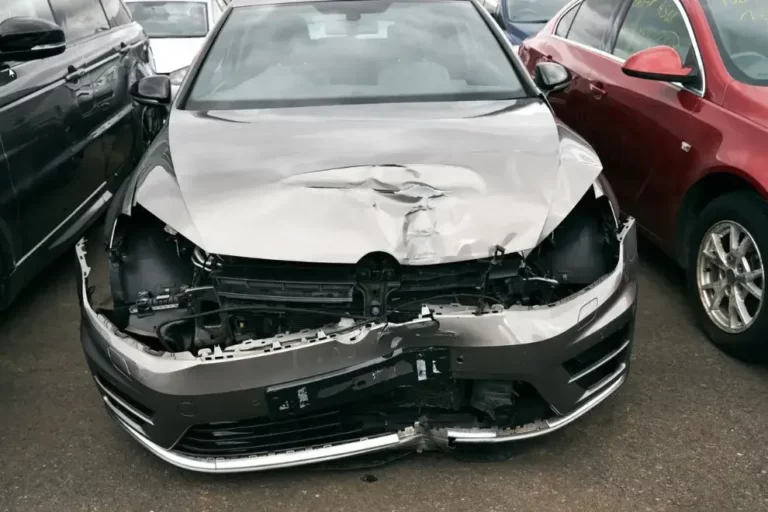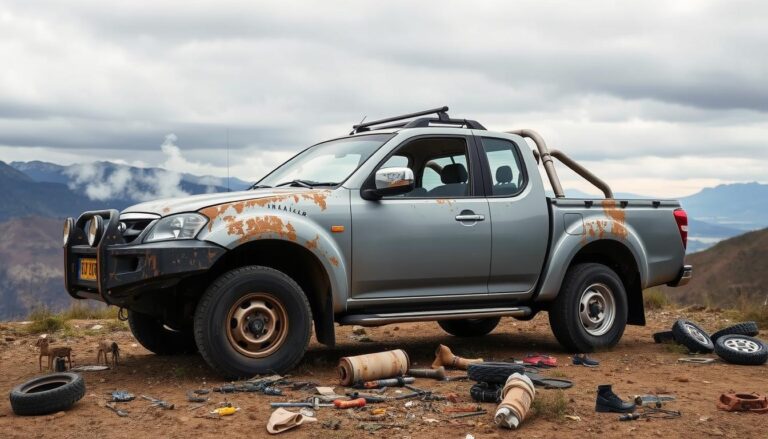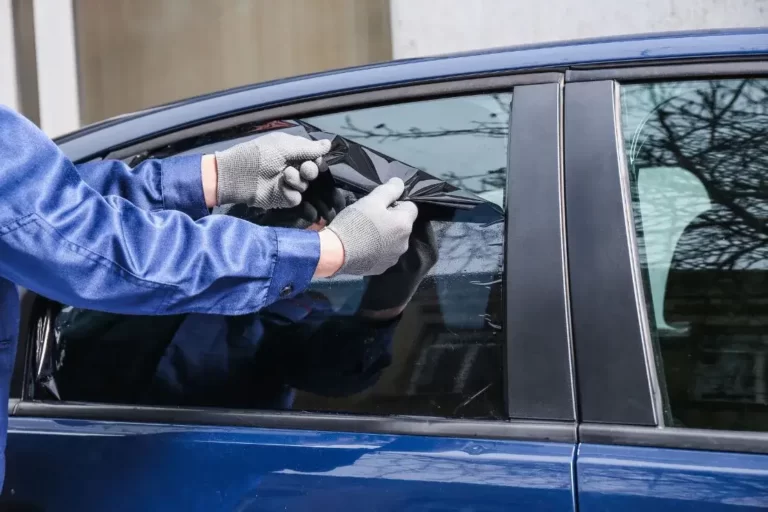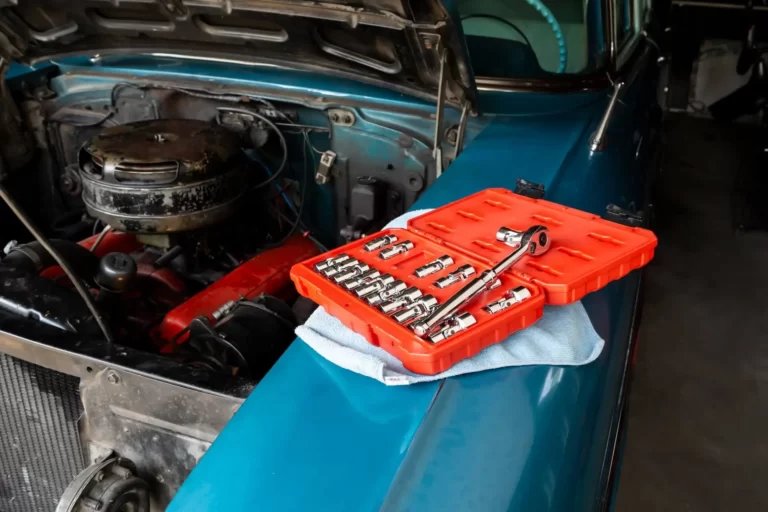What is VIN, And Should I Disclose This When Selling A Car?
You’ve probably heard of a VIN if you’ve ever bought or sold a car. But what exactly is a VIN, and why is it essential when selling a car? Many people question if it’s safe to disclose this crucial piece of information, especially in a world where VIN cloning and identity theft are growing concerns.
In this blog post, we’ll explain the concept of VIN and explore its importance in the car sales process. We’ll also discuss where to locate it on your vehicle, and the benefits and potential risks of sharing it when selling it.
The History of VINs
Tracing the origins of Vehicle Identification Numbers (VINs) takes us back to the early 1950s when manufacturers first began using identification numbers to distinguish their vehicles. However, it wasn’t until 1981 that the National Highway Traffic Safety Administration (NHTSA) in the United States standardized the current 17-digit VIN format, which was later adopted by other countries, including Australia, in 1989, following the international standard ISO 3779.
This advancement in VIN standards aimed to simplify vehicle identification and facilitate tracking a vehicle’s history, ownership, and condition. VINs typically found on the dashboard, driver’s door frame, engine block, or registration certificate are vital in preventing theft, fraud, and VIN cloning, ensuring each vehicle has its distinct identity. By decoding a VIN, buyers and sellers can access crucial information about a car, such as its make, model, year, country of origin, and unique features.
Understanding the Structure of a VIN
The VIN is a unique code that serves as your car’s fingerprint, providing vital information about its manufacturer, model, and production details. In countries like Australia, VINs have been mandatory for all road vehicles since 1989, regulated by the Australian Design Rules (ADR) and adhering to international standards ISO 3779 and ISO 4030.
Breaking Down a VIN for Easy Interpretation
Decoding a VIN is more straightforward than it appears, as it’s divided into three primary sections. The first three characters make up the World Manufacturer Identifier (WMI), revealing the car’s country of origin and manufacturer. The following six characters form the Vehicle Descriptor Section (VDS), providing information about the vehicle type, body style, and engine specifications. Lastly, the last eight characters represent the Vehicle Identifier Section (VIS), which includes unique details such as the production year and serial number.
Expert Tip
When selling your car in Melbourne, ensure that your VIN details are accurate and up-to-date. Potential buyers may use it to verify the vehicle’s history, including any previous accidents, thefts, or registration information.
Now that we’ve decoded the VIN, let’s explore how to locate it.
How to Locate Your VIN
Generally, VINs can be found in multiple spots on your vehicle. The most common location for a VIN is on the driver’s side dashboard, close to the windshield. For easy viewing, stand outside the car and look through the windshield at the dashboard corner on the driver’s side.
Driver’s Side Door Jamb: Another typical spot for a VIN is on a sticker or metal plate on the driver’s side door jamb near the door latch. Open the door and check the area where the door latches to the car body.
Vehicle’s Frame: In some cases, the VIN can be found on the vehicle’s frame, typically near the front suspension or the steering gear.
Engine Components: Check your car’s engine block for the VIN, as it is sometimes stamped on the engine itself. This location might differ based on the make and model of your vehicle.
Vehicle Documentation: VINs are also recorded on essential documents such as registration papers, insurance policies, and service records. Make sure to keep these documents organized and accessible for potential buyers.
Importance of VIN in Car Ownership
The Vehicle Identification Number (VIN) plays a crucial role in car ownership, serving as a unique identifier for your vehicle. The VIN carries a lot of important information about the vehicle and is essential for car ownership in several ways, including:
- Vehicle registration: The VIN is critical information required for registering a car with the local Department of Motor Vehicles (DMV). During the registration process, the VIN is used to verify the vehicle’s identity, ensure that it meets safety and environmental standards, and determine ownership history.
- Insurance policies: The VIN is used by insurance companies to choose the specifics of a vehicle, including its make, model, year, and safety features. This information is used to calculate insurance premiums and ensure that the car is covered for the correct amount in case of damage or theft.
- Recalls and warranties: The VIN is used by car manufacturers to track the production and distribution of vehicles, which helps them identify any defects or safety issues that may arise. In the event of a recall, the manufacturer uses the VIN to contact the affected vehicle owners and provide instructions on fixing the problem. The VIN is also essential for warranty claims, verifying the vehicle’s make, model, and production year.
The Role of VIN in Car Sales
The Vehicle Identification Number (VIN) facilitates a smooth and transparent transaction when selling a car. Let us explore the primary ways in which VINs contribute to car sales:
Authenticating Vehicle Details
By providing the VIN, purchasers and vendors can corroborate vital information such as the automobile’s make, model, year, and additional specifications. This authentication process assists potential buyers in trusting that the vehicle they are considering is accurately depicted and allows sellers to demonstrate they are offering a legitimate product.
Safeguarding a Lawful Transaction
Disclosing the VIN is essential for averting fraud, theft, or tampering during an automobile sale. Buyers can cross-reference the VIN with the Personal Property Securities Register (PPSR) to ensure the vehicle has no outstanding debts and has not been reported as stolen or written off. This supplementary layer of protection defends both parties from potential swindles or legal complications.
Detecting Possible Concerns
A VIN permits buyers and sellers to evaluate the car’s condition and history. By acquiring a vehicle history report from various sources, parties can unveil previous accidents, repairs recalls, or flaws, enabling a well-informed decision. This information fosters trust and confidence in the car-buying process.
Understanding the importance of VINs in car sales can help you decide whether to share this unique identifier with potential buyers.
The Benefits of Disclosing VIN when Selling a Car
As a seller, it’s crucial to establish trust and foster transparency with prospective buyers to ensure a seamless car sale. One way to achieve this is by disclosing your car’s Vehicle Identification Number (VIN). This section will discuss the benefits of revealing your vehicle’s identification number during the selling process.
Transparency and Trustworthiness
Sharing your car’s VIN represents an act of openness, granting interested buyers access to the vehicle’s history, which includes information about past owners, accidents, and maintenance records. This level of transparency fosters trust between you and the buyer, increasing the likelihood of a successful sale.
Expedient Selling Process
Suppose you provide your car’s VIN; interested buyers may rapidly run a VIN check using a trustworthy service. This speeds up the selling process by enabling buyers to make informed decisions and eliminating any uncertainties or doubts they may have about your vehicle.
Legal Compliance
Disclosing the VIN ensures compliance with the Australian Consumer Law, which compels sellers to provide accurate and relevant product information. This compliance protects you from potential legal liabilities or penalties if any issues arise post-sale.
While revealing your vehicle’s VIN has benefits, it’s not without risks. In the next section, we’ll explore the potential dangers of sharing your VIN and offer guidance on protecting yourself and your car from identity theft and VIN cloning.
Understanding the Risks of Disclosing Your VIN
Knowing the potential risks of disclosing this unique identifier when selling your car is crucial. One significant concern is VIN cloning, a fraudulent practice in which criminals apply a stolen vehicle’s VIN to another similar car to deceive buyers. Additionally, privacy concerns arise when sharing your VIN, as it reveals specific details about your car that some argue should remain private.
Although sharing your VIN with prospective buyers is generally safe, it’s vital to exercise caution and remain alert. By comprehending these risks, you will be better prepared to safeguard yourself and your vehicle throughout the sales process.
Understanding VIN and Safeguarding Your Information When Selling a Car
When discussing the topic of VIN (Vehicle Identification Number) disclosure during a car sale, it’s crucial to understand the importance of protecting yourself and the prospective buyer. Your car’s VIN is akin to its unique “social security number,” You should take measures to ensure a secure and legitimate transaction.
One method to guarantee security is by verifying the buyer’s identity. Just as your VIN serves as your car’s distinctive identifier, requesting proof of identity from the buyer can help confirm a genuine transaction.
A reliable way to protect your information is through trusted third-party platforms, which often provide secure environments for sharing VINs and other sensitive data. These platforms can facilitate sales by incorporating features that promote transparency and security.
For those in Melbourne, Australia, contacting your local Department of Motor Vehicles (DMV) or VicRoads to confirm if the VIN corresponds to the car and its registration is advisable. Requesting a bill of sale from the buyer and conducting a title check adds another layer of security to the transaction. It’s essential only to make payments or finalize the deal after meeting the buyer in person or verifying their proof of funds.
By following these steps, you can confidently disclose your car’s VIN while reducing the risk of fraud or other security issues. This approach will result in a smoother transaction and build trust between both parties, ensuring a positive experience for everyone involved.
Utilizing VIN Check Services
In today’s digital age, VIN check services can significantly improve the experience of selling your car. These services offer a convenient and efficient way to verify a vehicle’s details and history, giving sellers and buyers peace of mind. With various VIN check services available, knowing which one best suits your requirements is crucial.
For example, registration checks provide basic information about a vehicle, such as its make, colour, engine number, and year of manufacture. Government websites like Service Victoria or VicRoads can access these checks for free. Conversely, Personal Property Securities Register (PPSR) checks to dig deeper into a vehicle’s history, revealing any security interests, stolen status, written-off status, or registration status in other states. While not free, PPSR checks can be accessed through the official PPSR website and are worth the investment for added assurance.
Top-rated VIN check providers, such as Service Victoria, VicRoads, and CarHistory, offer comprehensive services catering to various needs. While Service Victoria and VicRoads focus on free registration checks, CarHistory provides a more extensive PPSR check service for a fee, including additional information like valuation, odometer reading, sales history, and warranty status.
You can enhance transparency and build trust by including your VIN in your car sales listing and directing potential buyers to reputable VIN check services. Buyers can feel validated by the comprehensive data these services provide, ensuring they receive fair value for their investment. Although it’s generally safe to disclose your VIN, it’s still essential to safeguard your personal information and consult an expert if you have concerns about sharing your vehicle identification number.
Conclusion
In conclusion, comprehending and sharing your car’s Vehicle Identification Number (VIN) is crucial in car sales. As a unique identifier for your vehicle, the VIN contains valuable data that can help foster trust and transparency between buyers and sellers. By incorporating your VIN in advertisements or providing it to potential buyers, you allow them to verify the vehicle’s details, enhancing the credibility of your listing and increasing the likelihood of a successful sale.
Nonetheless, finding a balance between openness and security is essential. While it’s generally safe to disclose the VIN, you should remain vigilant against VIN cloning and other potential risks. Adopt necessary precautions, such as verifying the identity of prospective buyers or utilizing trusted third-party platforms for conducting transactions. By doing so, you can effectively navigate the car-selling journey while protecting your interests.
Frequently Asked Questions
Q: What is a VIN number?
A: A Vehicle Identification Number (VIN) is a unique 17-digit identification number assigned to each vehicle produced. It can be used to identify a car’s make, model, and year, which helps prevent theft and fraud.
Q: Is giving out your VIN when selling a car safely?
A: Yes, giving out your VIN when selling a car is generally safe. However, it would help if you took precautions to ensure the prospective buyer will not use the information for fraud.
Q: What is VIN cloning?
A: VIN cloning is when thieves use the Vehicle Identification Number (VIN) of an unsuspecting vehicle to register a stolen car as if it were legitimately owned. This allows them to sell the stolen car with false documents.
Q: What should I do if I am trying to sell my car and can’t find the VIN?
A: If you are trying to sell your car and need help finding the Vehicle Identification Number (VIN), you should contact your local dealership or visit your state’s Department of Motor Vehicles website for assistance locating it.
Q: How do I know if I’m giving the correct VIN number?
A: You can check that you’re giving out the correct Vehicle Identification Number (VIN) by comparing it with other vehicles of the same make and model. Additionally, you can run a VIN check on any used cars you’re looking at before purchasing.
Q: Can someone steal my identity if I give out my VIN?
A: It is unlikely that someone will be able to steal your identity by just knowing your Vehicle Identification Number (VIN). However, they could commit identity theft if they have access to other personal information, such as your Social Security Number or driver’s license number.
Q: Is giving out my VIN when selling a car online, like Craig’s List, safe?
A: When selling an automobile online, like Craig’s List or eBay Motors, it is generally recommended not to share your Vehicle Identification Number (VIN). Personal information isn’t necessary for someone else to try and buy your car, so it’s best not to risk yourself and your vehicle by sharing this information.
Q: How can I tell if a prospective buyer has cloned my vehicle’s VIN to get parts or resell my vehicle using false documents?
A: If you are concerned that someone has cloned your vehicle’s Vehicle Identification Number (VIN) to get parts or resell your vehicle using false documents, there are several ways that you can check. You can perform a title search on every registered vehicle with similar characteristics such as make, model, year, license plate, etc. You should also run a complete check on any used cars before buying them.
Q: How do thieves clone vehicles using their VIN?
A: Thieves clone vehicles by obtaining the Vehicle Identification Number (V IN ) from an unsuspecting vehicle and then registering a stolen car as legitimately owned. Once they have registered the stolen vehicle under their name, they can resell it with false documents.
Q: Should I disclose my VIN when selling a car in Victoria?
A: It is generally recommended to disclose your Vehicle Identification Number (VIN ) when selling an automobile in Victoria. Knowing this information helps protect buyers from purchasing stolen cars or cars with incorrect documentation. By providing this information upfront, potential buyers can feel more secure about their purchase.
